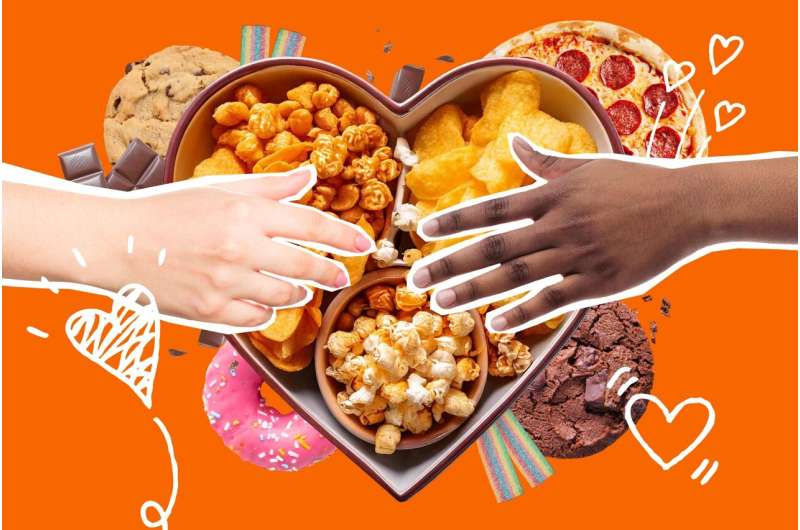Contrary to popular belief, a new study from the University of Virginia found that when your partner’s behavior is less than desirable, you may actually snack less. The research delves into the dynamic between relationship stress and eating patterns, providing insights into the complex interplay between our emotional well-being and dietary choices. Relationships and eating behavior are more closely linked than you might think.

The Unexpected Effect of Relationship Stress on Snacking
Conventional wisdom suggests that when our partners let us down, we turn to food for comfort. However, the new research from the University of Virginia challenges this notion. The study, led by Jennifer MacCormack, an assistant professor of social psychology, examined the eating habits of 100 couples over a 14-day period.
The researchers found that when participants experienced negative behaviors from their partners, such as a lack of emotional support or a broken promise, their snacking actually decreased. “As relationship conflict seems to increase in your relationship dynamics or something negative is happening in your relationship, people will temporarily dip in their snacking behaviors,” said MacCormack, who directs the Virginia Affect & Interoception Laboratory.
Beyond the Typical Meals: The Focus on Snacking
The researchers specifically focused on snacking behavior because it goes beyond a person’s typical fuel intake at regular mealtimes. “Snacking behavior is probably what’s going to be more affected by these emotional shifts in our relationships,” MacCormack explained. By examining snacking patterns, the study provided a more nuanced understanding of how relationship dynamics can influence our eating habits.
Interestingly, the study found that this temporary dip in snacking did not apply to individuals who were already predisposed to emotional overeating. For those individuals, the relationship stress may have triggered a different response, leading to increased snacking as a coping mechanism.
Implications for Long-Term Health and the Importance of Relationships
The findings of this study have significant implications for people’s long-term health and well-being. “I think it’s important that when we think about people’s diets and their metabolic health, it shows that people are not in a vacuum,” MacCormack said. “Their relationships really do matter for shaping the dynamics of their eating behaviors.”
By understanding the intricate connection between relationship dynamics and eating patterns, healthcare professionals and individuals can better address the holistic factors that contribute to overall health. This research highlights the need to consider the broader social and emotional contexts that influence our dietary choices, rather than solely focusing on individual willpower or nutritional information.
